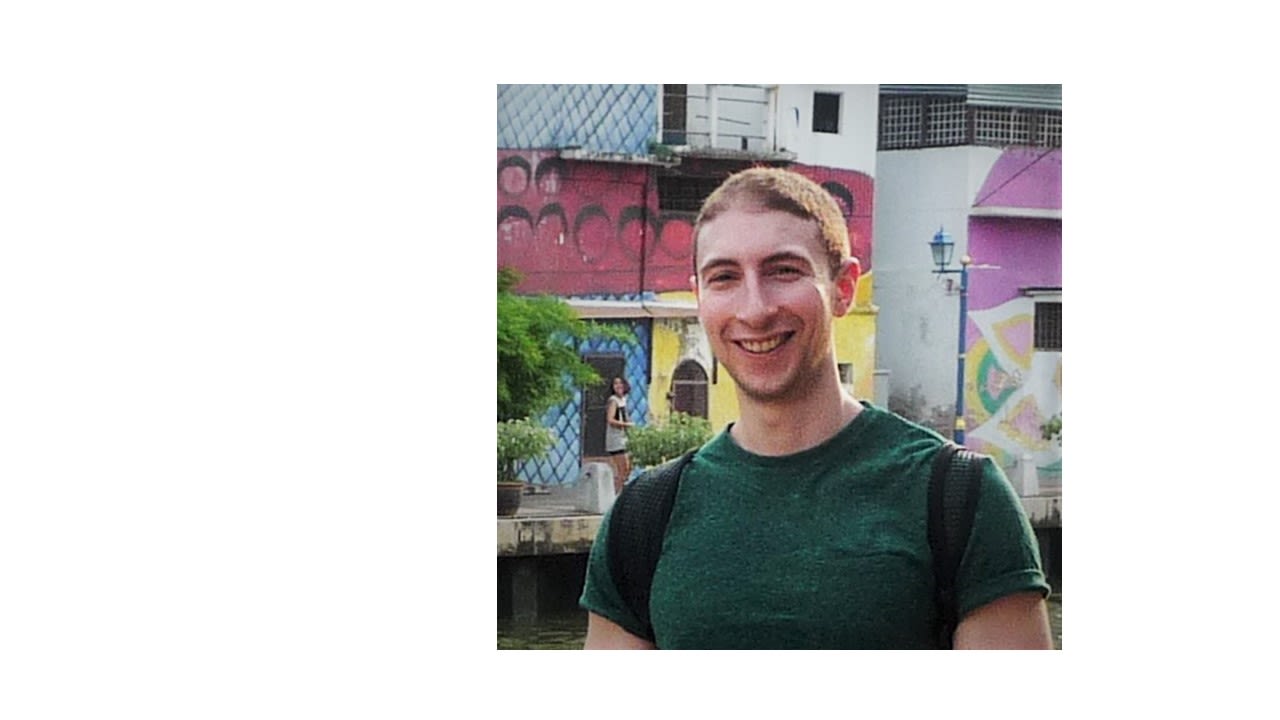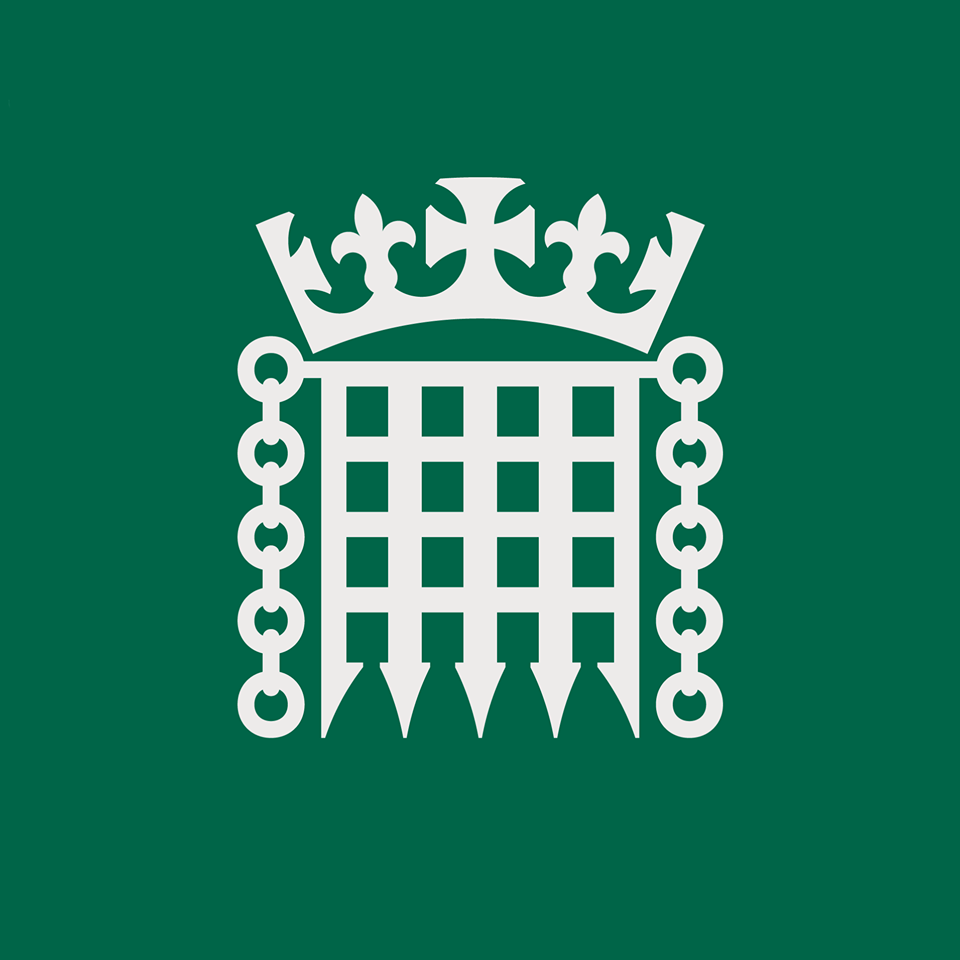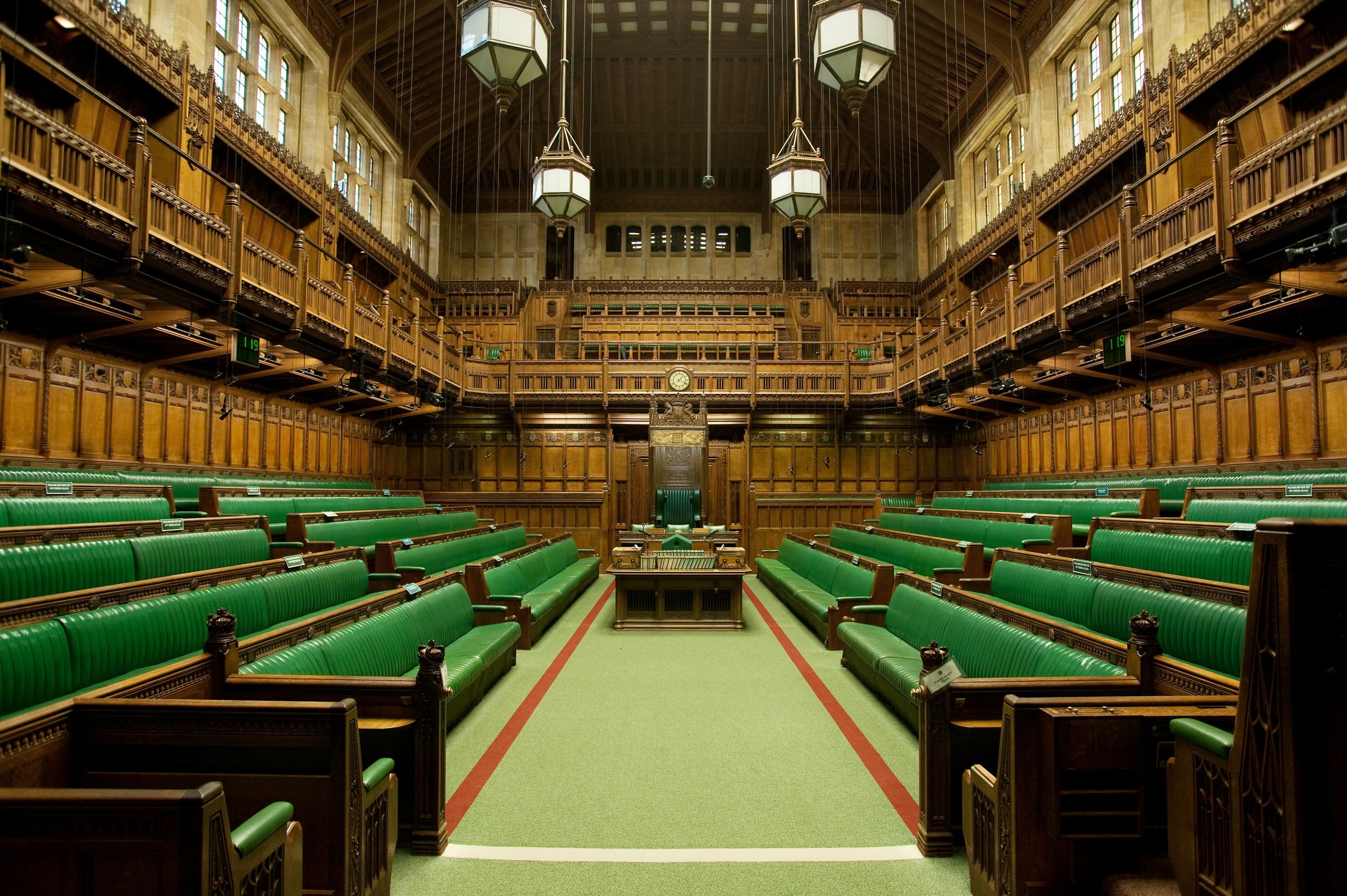Teaching migration
in the history curriculum
Involving the public in education policy

Should the history curriculum include a greater focus on migration? How would this influence our understanding of British identity?
In June 2019, Labour MP Helen Hayes was granted a debate to address these issues in Westminster Hall, stating that that:
"Around 27% of state funded primary and secondary school pupils in England are from BAME communities. However, the history curriculum remains largely focused upon the history of the UK as an island nation. This treats other nations and communities as distinct and does not place emphasis on the internal racial and ethnic diversity of the UK."
She argues for an extension of the curriculum to include topics such as:
- The British colonisation of the Caribbean
- The long-term effects of decolonisation and the aftermath of empire
- The histories and activism of longstanding BAME communities.
Students, teachers, educators and others with a stake in the debate were asked to contribute their thoughts online:
On Tuesday, @helenhayes_ is leading a debate on teaching #migration in the history curriculum.
— UK House of Commons (@HouseofCommons) June 14, 2019
She wants students, teachers and anyone with experience to inform her debate, particularly those from a #BAME background.
Quick survey: https://t.co/Qw7M8eko46
Deadline: Monday 12pm
Reach
- Retweets: 79
- Impressions: 48k
- Survey responses: 71
- Responses on forums (Reddit, Times Educational Supplement, The Student Room): 50
Who responded?
Of those who filled in the survey:
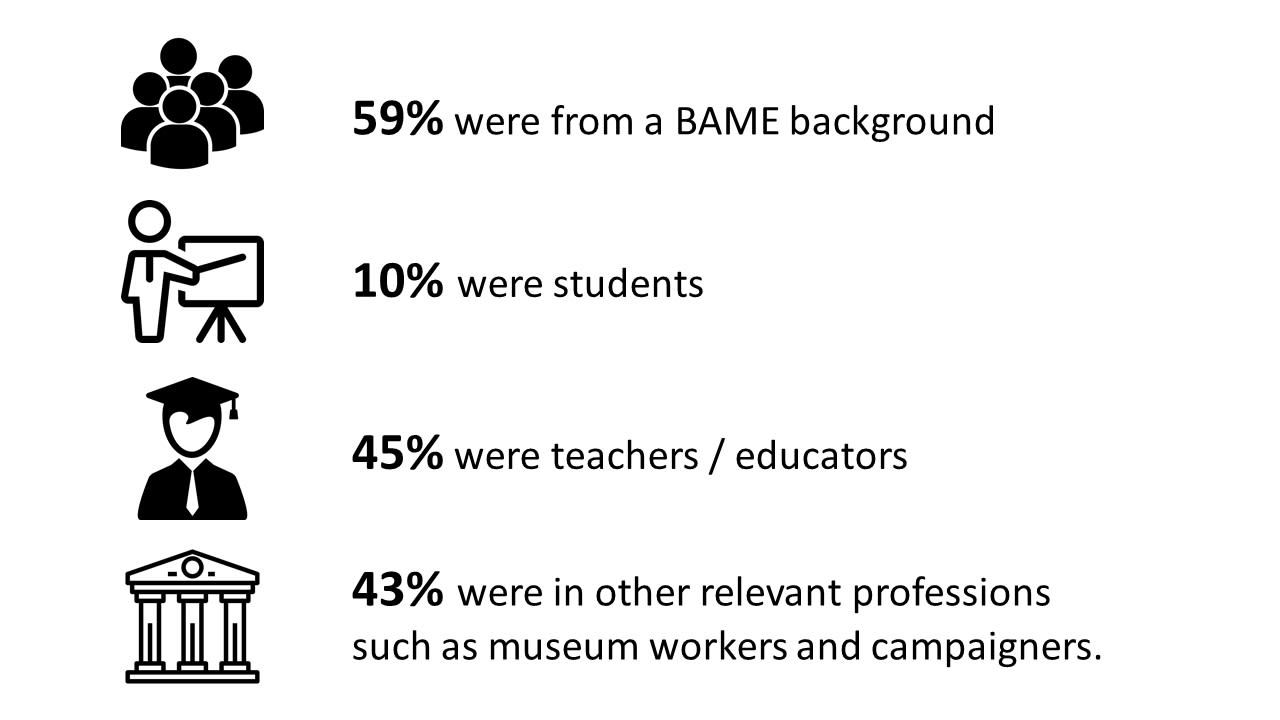
The response
The contributions centred on a few key themes:
- The idea that migration should be given greater emphasis in the history curriculum was broadly supported by those responding to the exercise.
- Some BAME students claimed that learning about migration would enhance their sense of identity and enable them to feel reflected / included in the story of the UK.
- Some respondents felt that teaching migration would contextualise the experience of modern immigrants, and could be important in facilitating positive multiculturalism.
- Some teachers argued that the current curriculum is saturated, and that contact hours for history were being reduced. Finding space to teach migration was therefore difficult.
- Some were concerned by the principle of shaping the curriculum in order to promote personal beliefs.
Example comments
"This would enrich the curriculum by demonstrating that migration has had a key role to play in the formation of a more inclusive national identity. It would also offer opportunities for a wider range of voices and perspectives to be heard and valued within our history teaching: crucial for us as a nation moving forward."
"I believe that this is essential to tackling the issue of identity which so many third and second generation South Asians face. I feel that the history curriculum does not take to into account Britain’s colonial history which has a harmful impact on diaspora communities not feeling like they belong. I teach about identity as part of my work at The Delicate Mind to empower young people from the South Asian Muslim community to embrace their identity."
"I find that students are usually interested in migration, but it is often very new to them reflecting a wider lack of knowledge about migration in wider society. It helps students realise the connections between History and Geography and provides a glimpse of the big answers about the composition of modern society, culture, language, food, etc."
Others argued
"Politicians of all persuasions need to resist the temptation to bend the history curriculum to meet their particular view of the world. Political interference in the curriculum - of which History is always the easy target - is the first step in the road to being, well, China."
"No, I don't see why it would warrant it. Migration is an important part of recent change, but I don't understand what would justify it as being part of 'history'. Thatcherism is probably far more important to today - but then if you adjusted it according to current importance then you'd have an enormous recency bias and end up teaching little history at all."
The debate
The comments were summarised into a brief for Helen Hayes, drawing out the key themes with quotes to illustrate them.
She used these to inform her debate and read some of them out in her speech:
The Government's response
Nick Gibb, the Minister for School Standards, responded to the debate, and discussed what was already in place in the curriculum:
“The Government believe that all children and young people should, as part of a broad and balanced education, acquire a firm grasp of the history of the country in which they live, and how different events and periods relate to each other. One of the key aims of the history curriculum is to ensure that pupils know and understand how Britain has influenced and been influenced by the wider world. That aim supports teachers to teach about migration and to teach pupils about how different cultures and different groups have contributed to the development of Britain at key stages of our country’s history.”
He also highlighted some relevant topics that are already taught as part of GCSE History:
- “The reasons for immigration—[...] political, economic, social and religious”
- “From circa 1500: ideas of national ‘identity’—how we have come to define ‘Englishness’ and ‘Britishness’ over time”
- “Immigrants in England during the middle ages; their treatment by the authorities and the population generally; the extent to which they integrated”
- “Immigration as a political issue circa 1990 to circa 2010: the debate over a ‘multi-cultural society’; attitudes towards, and treatment of, political refugees and asylum seekers; the issues raised by EU ‘open borders’”
- “Migration, empires and the people: circa 790 to the present day”.
- Watch the full debate on Parliamentlive.tv
- Read the transcript on Hansard
- Read a House of Commons Library Briefing on teaching migration in the History curriculum
Feedback
Did engaging with the House of Commons make you feel its work was more relevant to you?
"I was heartened to see that the Commons were debating the topic of Migration in the UK curriculum and inviting educational professionals to contribute to the debate. It definitely enhanced my sense that their work is relevant to ours"
"I hope that we can be kept in the loop as to how this particular topic progresses and whether it yields curriculum re-shaping and a shift in policy as hoped."
Joanna Brown
Education Programme Manager
Royal African Society
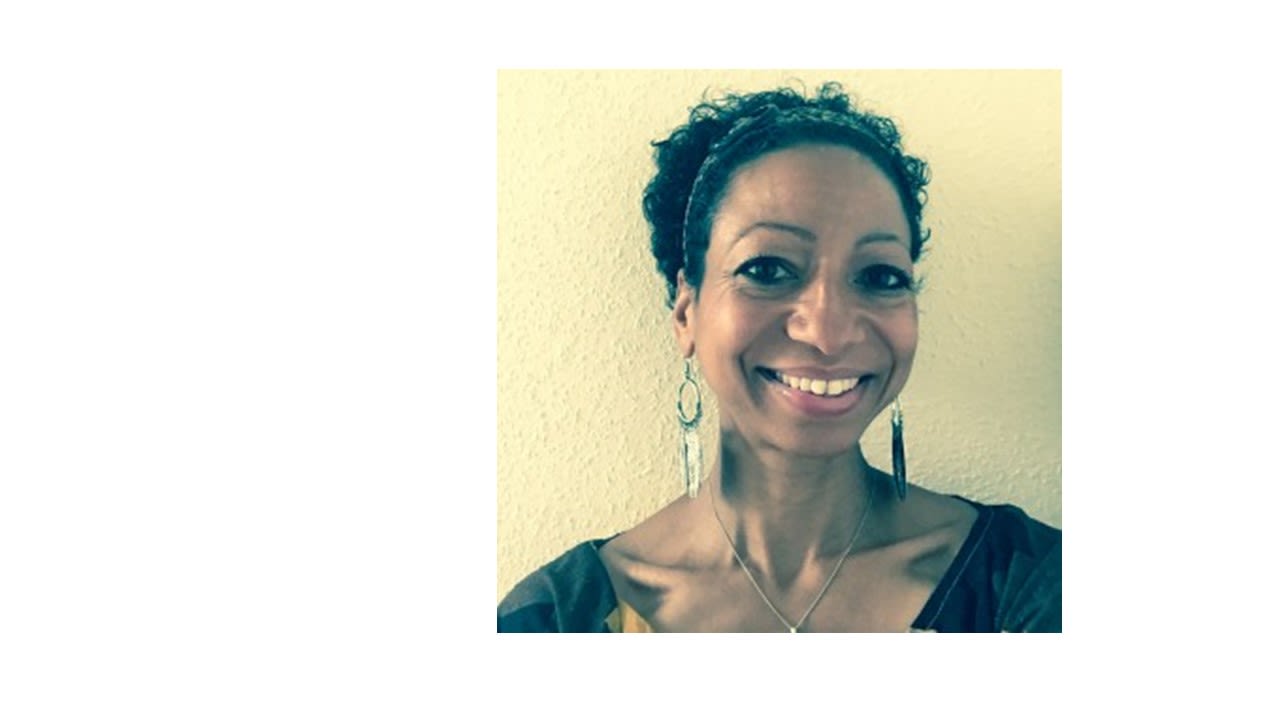
Did engaging with the House of Commons make you feel that its work was more relevant to you?
"It’s clear that an extremely wide array of issues are regularly debated and discussed in the Commons, yet the majority of them receive next to no publicity in the media (...) Enough opinions have already been expressed about Brexit without the need for more, so it was refreshing to see other matters being considered to which I felt that I could actually add a voice and an opinion to."
Would you see value in engaging with the House of Commons in this way again?
"It’s a great way of offering an opinion on a subject of personal interest which is being debated in the Commons. I saw the opportunity to respond on Twitter, had a rant to my partner about it while sitting on the sofa scrolling on my phone, then thought why not send off a response in writing.
It didn’t take up much of my time and to be honest I didn’t think anyone would actually read it. I was of course, to my great delight, proven extremely wrong when I saw Helen Hayes MP quote from my response in the debate."
John Vassiliou
Immigration Solicitor
McGill and Co Solicitors
